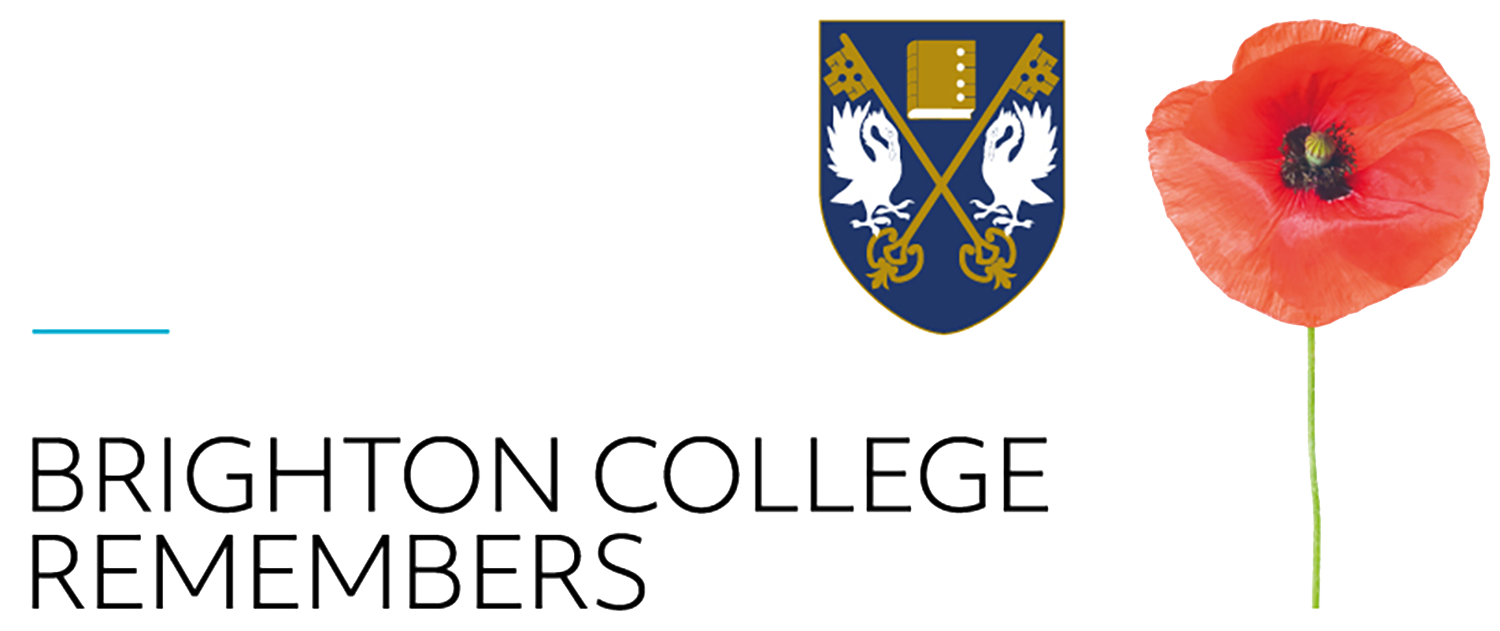Lieutenant, East Lancashire Regiment
Born: July 2nd 1888
Died: August 13th 1921
Age at Death: 33
Died from malaria contracted during military service, August 13th 1921.
Member of the London Stock Exchange.
Son of J M Crosley of Burgess Hill.
A donation to the memorial statue has been made in honour of this soldier by Christopher Pett (Ha. 1962-67).
Lieutenant Hector Crosley (Hampden 1900–1904)
Hector Crosley was born in Purley, Surrey, on 2nd July 1888. He was the eldest son of John Crosley, a stockbroker, and his wife Mary (née Candler). While a pupil at the College, Crosley, according to reports sent to the army, ‘showed promise in the mathematical and scientific subjects’. After completing his education he became a member of the London Stock Exchange.
On the outbreak of war Crosley was initially enlisted in a territorial unit but in February 1915 he received a commission in the East Lancashire Regiment. His initial war service was spent attached to the 10th Battalion East Lancs in Cameroon where, during the campaign against the German colony there, he became ill with malarial neurasthenia. He was then invalided back to Britain for 16 months and thereafter spent some time serving with military intelligence in the Netherlands, which was a neutral country. In late 1917 he was despatched to the Middle East for further service as an intelligence officer. Records of medical advice revealed that he avoided being sent to the Western Front because service in the trenches would have been bad for his, already poor, health. Following the end of the war he was diagnosed with tuberculosis and consequently relinquished his commission on 13th August 1919. He spent the next two years in Britain but in early 1921 moved to Madeira because it was thought that the climate there would be better for his lungs. However, they failed to improve and he died there on 13 August 1921.
Crosley is buried in Madeira, Portugal. His family clearly attributed his illness to his war service because there are documents that demonstrate their attempts to gain the exemption from death duties granted to those who died as a result of military service. However, it appears that their appeals were rejected.
Source: LEST WE FORGET PROJECT, Brighton College 2014/15

